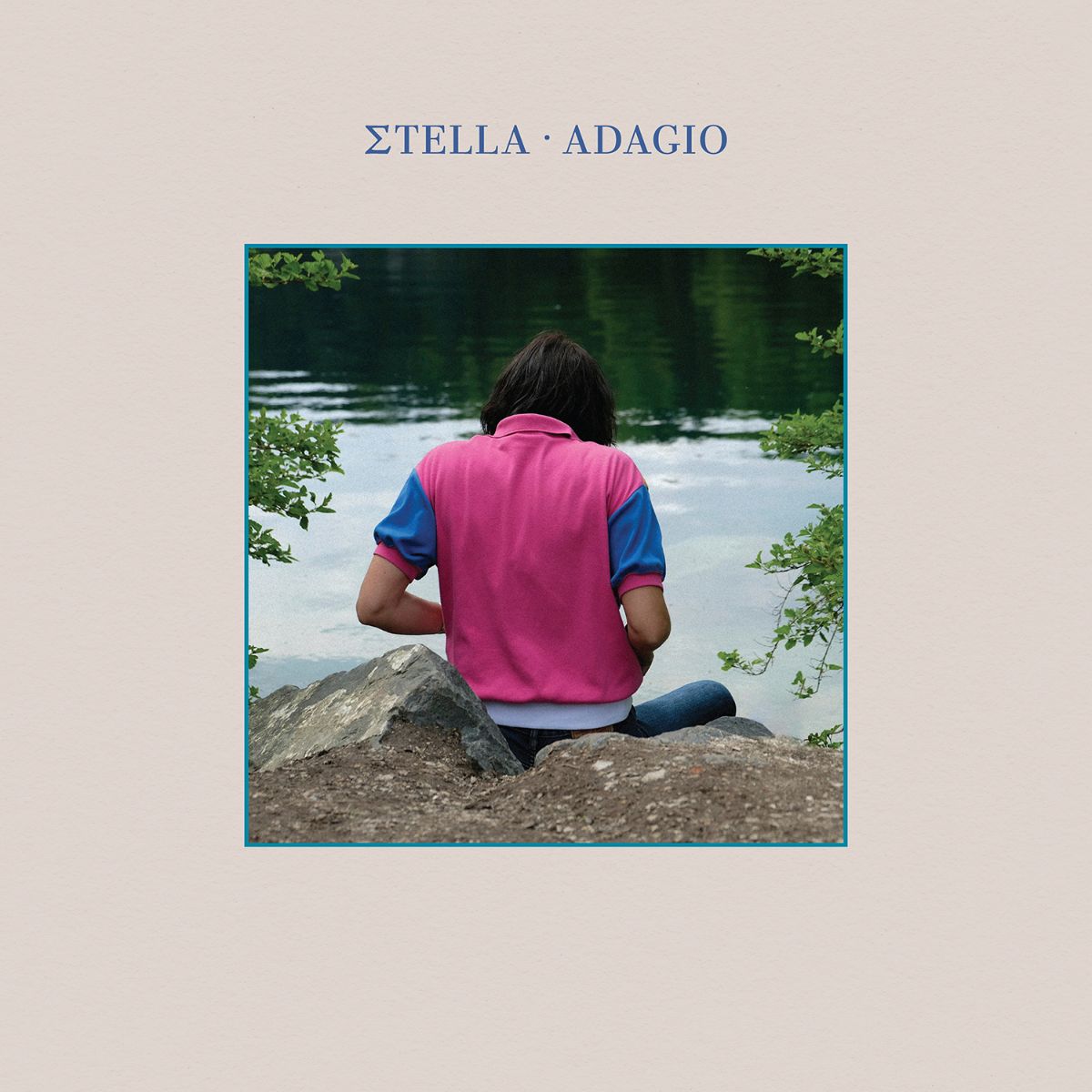



Σtella - Adagio
Almost by accident, Adagio began on an 11-hour boat ride to the island of Anafi. Having stepped away from personal upheaval, Σtella picked up her phone and began sketching melodies while the Aegean passed by. That first spark — what became “Omorfo Mou” — would eventually become her first song in Greek.
Adagio is the fifth album by Σtella Chronopoulou and her most personal to date. Borrowing its title from the musical term for “slowly,” it’s a record shaped by pace, reflection, and a quiet desire to pause. A far cry from her bright, sharp-edged pop on 2022’s Up and Away, these new songs are softer, warmer, and more open. Nylon-string guitars and gentle percussion underpin these intimate pieces, each one carefully paced like a deep breath.
Now based in Athens, Σtella draws on memories of a slower, freer youth outside the city, weaving that longing into Adagio’s gently nostalgic tone. Written over five years with collaborators including !!!’s Rafael Cohen and songwriter Gabriel Stebbing, it’s a short, carefully drawn collection — just 27 minutes — but rich with detail and feeling.
The album includes a cover of the 1969 Greek New Wave classic “Ta Vimata” by Litsa Sakelariou, sitting beautifully beside her own originals, including the slow-swaying “Nomadi” and the breezy “Can’t Keep Still.” Though mostly sung in English, Adagio marks the first time Σtella has recorded in her native Greek — a quiet but confident shift.
There’s a deep ease running through Adagio, a softness in both tone and delivery that gives space for everything to bloom. It doesn’t rush. It doesn’t need to. A gentle, glowing gem.
Edition Info
• Available as a limited 'Loser Edition' on White colour vinyl.
Tracklisting
1.Adagio
2.Ta Vimata
3.Omorfo Mou
4.Baby Brazil feat. Las Palabras
5.Can I Say
6.80 Days
7.Too Poor
8.Corfu
9.Caravan
Released: 4th April 2025
Shipping & Delivery
Drift gladly ship all items Worldwide using Royal Mail Tracked®, FedEx and DHL services. There is a shipping calculator available in the basket. Read More
Click & Collect
Available on all orders from Drift. Select the Click & Collect option during the checkout process. Read More.
UK Free Shipping
We offer free delivery on orders of £90 and over, sent within mainland UK. To qualify for free delivery, your order will be sent as one dispatch. Read More.
Global Shipping & Tax
If you are based outside the UK and EU, all prices will appear without tax at the checkout. Drift is IOSS registered and collects tax on all EU orders at point of purchase. Read More.

Drift Extras
Complétez le look:
- Related products
- Recently viewed







